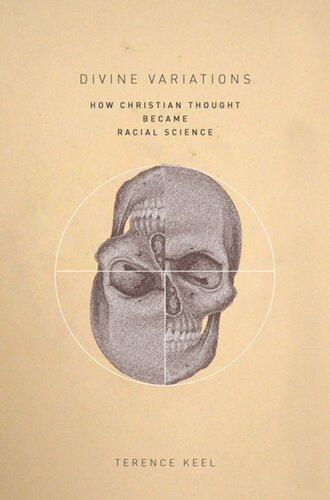

Most ebook files are in PDF format, so you can easily read them using various software such as Foxit Reader or directly on the Google Chrome browser.
Some ebook files are released by publishers in other formats such as .awz, .mobi, .epub, .fb2, etc. You may need to install specific software to read these formats on mobile/PC, such as Calibre.
Please read the tutorial at this link: https://ebookbell.com/faq
We offer FREE conversion to the popular formats you request; however, this may take some time. Therefore, right after payment, please email us, and we will try to provide the service as quickly as possible.
For some exceptional file formats or broken links (if any), please refrain from opening any disputes. Instead, email us first, and we will try to assist within a maximum of 6 hours.
EbookBell Team

4.0
6 reviewsDivine Variations offers a new account of the development of scientific ideas about race. Focusing on the production of scientific knowledge over the last three centuries, Terence Keel uncovers the persistent links between pre-modern Christian thought and contemporary scientific perceptions of human difference. He argues that, instead of a rupture between religion and modern biology on the question of human origins, modern scientific theories of race are, in fact, an extension of Christian intellectual history.
Keel's study draws on ancient and early modern theological texts and biblical commentaries, works in Christian natural philosophy, seminal studies in ethnology and early social science, debates within twentieth-century public health research, and recent genetic analysis of population differences and ancient human DNA. From these sources, Keel demonstrates that Christian ideas about creation, ancestry, and universalism helped form the basis of modern scientific accounts of human diversity—despite the ostensible shift in modern biology towards scientific naturalism, objectivity, and value neutrality. By showing the connections between Christian thought and scientific racial thinking, this book calls into question the notion that science and religion are mutually exclusive intellectual domains and proposes that the advance of modern science did not follow a linear process of secularization.